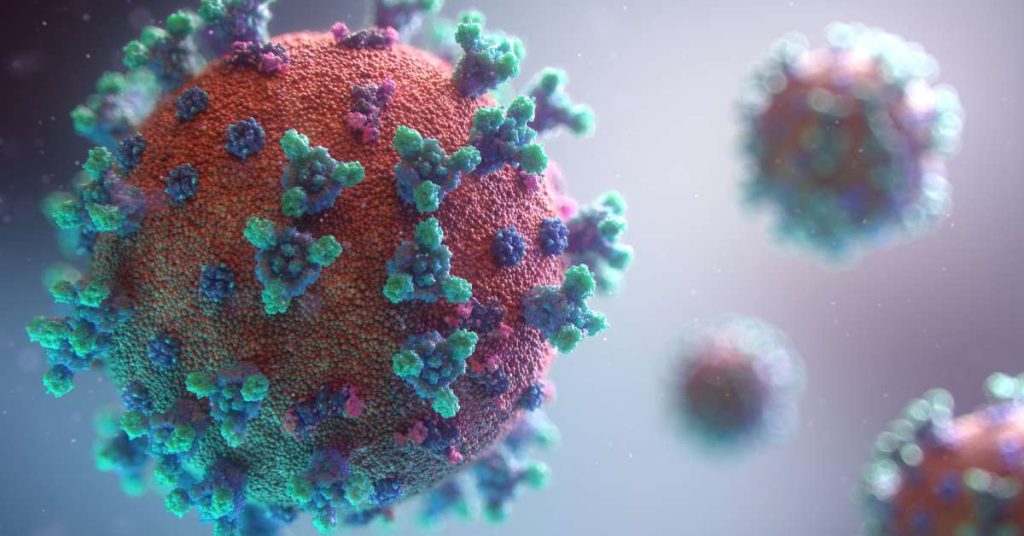COVID-19 vaccines are available for ages 6 months and up. Please call our office if you would like to schedule an appointment for a vaccine or have any questions. We highly recommend that all our eligible patients stay up to date on COVID vaccines as well as routine vaccines including flu vaccines.
Rapid COVID, Flu, and RSV PCR testing is available in our office by appointment during office hours. We continue to have COVID-19 circulating in our community as well as many other viruses.
The most common symptoms of COVID-19 are headache, fatigue, sore throat, cough, or runny nose. Loss of taste and smell is an infrequent symptom. Not all people have a fever with COVID-19.
New CDC Guidelines for people with upper respiratory infections including COVID-19, Flu, RSV, and other illnesses:
Stay home and away from other people (including family members as much as possible) if you have symptoms of a respiratory virus. Symptoms may include headache, cough, sore throat, runny nose, stuffy nose, fatigue, fever, or chills that are not clearly associated with another cause.
You can leave home and return to work and school when:
- Your symptoms are improving AND
- You have no fever (temperature is below 100.5) for at least 24 hours AND
- You have not taken fever-reducing medication in at least 24 hours AND
- You are able to wear a well-fitting mask over your mouth and nose when you need to be around others in an indoor environment, continue good hand washing, and physical distancing for the next 5 days
Summary: Isolation and prevention strategies for COVID-19 are now similar to recommendations for other respiratory viruses. There is no set number of days for isolation for COVID-19, flu, RSV, or other viral respiratory illnesses. Stay at home until your symptoms are improving AND you’re fever-free without using fever-reducing medication for 24 hours.
After that, you can resume normal activities as long as you wear a mask when around others indoors and maintain physical distance for 5 more days.
Understand that by following these guidelines you will most likely be leaving home while you are still contagious. That is why it is important to continue wearing a mask in indoor environments, washing hands often, and keeping your distance from others to decrease the chance of spreading your illness. If you will be around medically fragile people, you may need to take precautions for a longer period.
If you need medical attention while you have a fever, or before symptoms improve, keep physical distance between yourself and others, wash hands often, and wear a mask.
Most people with respiratory viruses shed virus (are contagious) for a day or two before symptoms develop as well as beyond the above-recommended isolation period. This is why Cornerstone requires everyone with respiratory symptoms as well as their family members, to wear a mask in our office when respiratory symptoms are present and at least 5 days after fever and symptoms improve.
If you develop chest pain or trouble breathing get emergency care right away.
More details about isolation, and preventing respiratory illnesses can be found on the CDC website.
Information about returning to sports and exercise after you’ve had COVID

